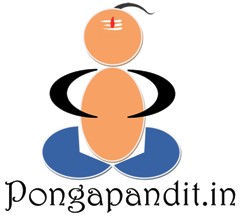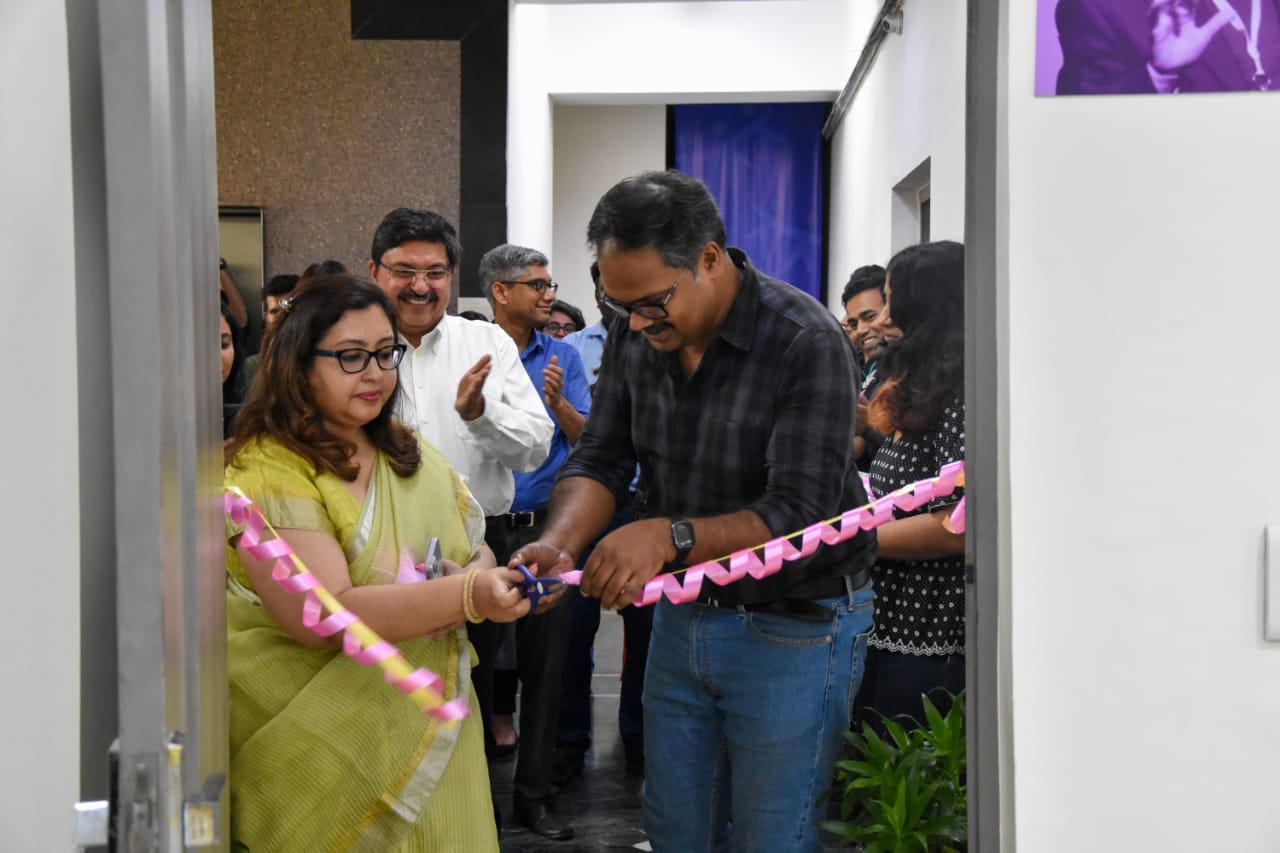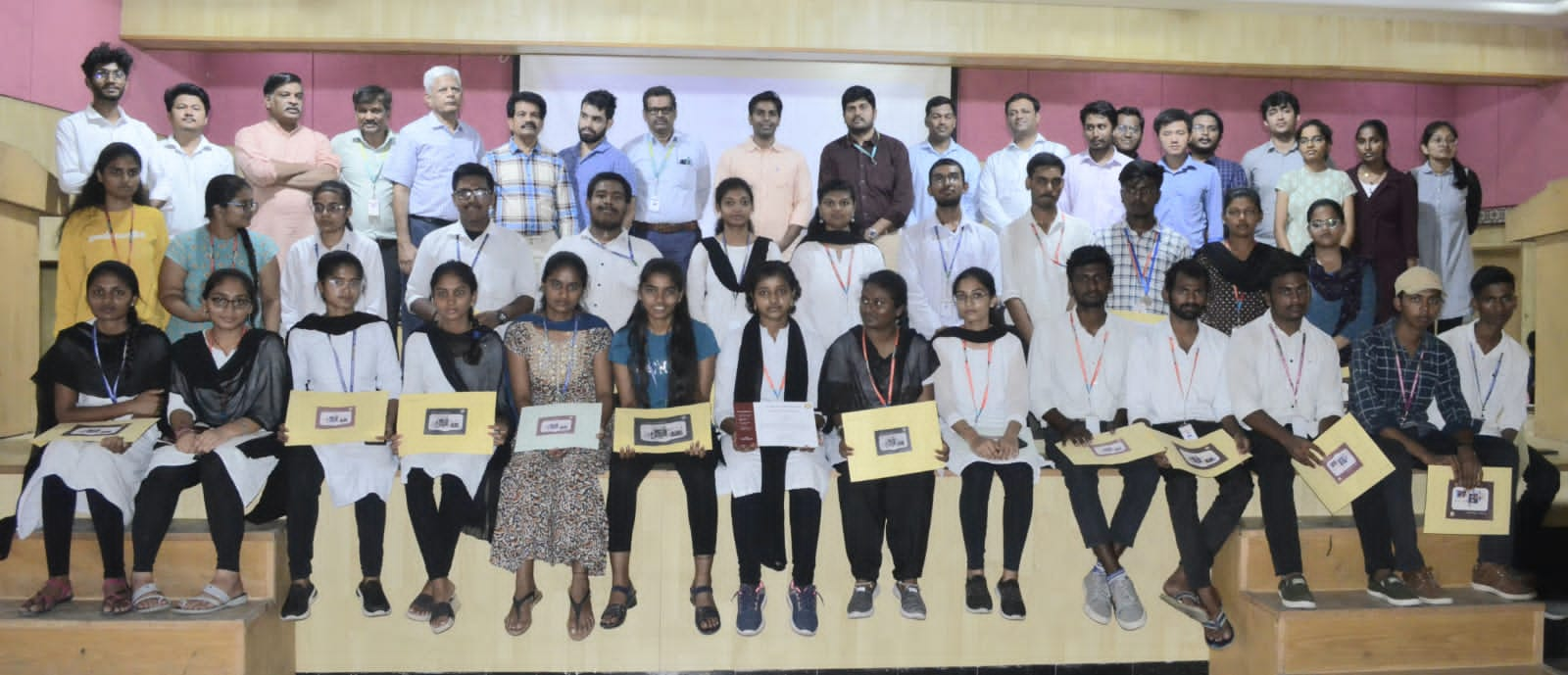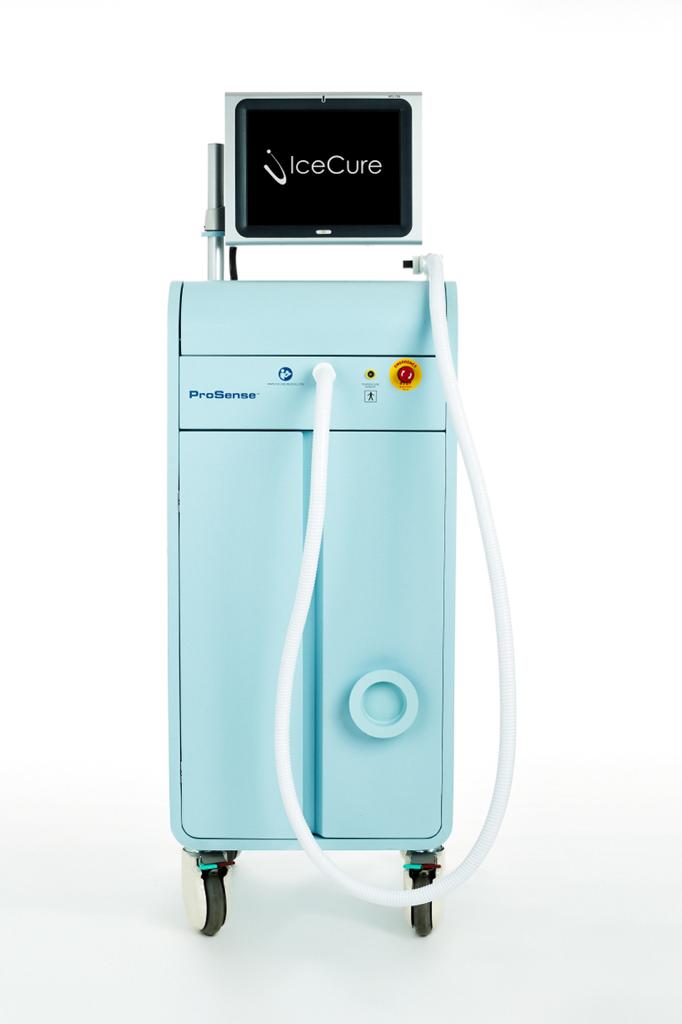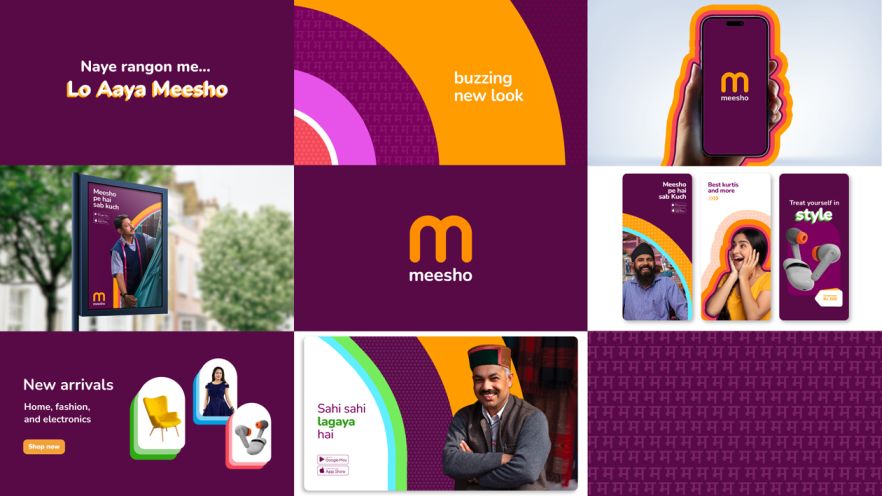Month: June 2023
3 min read
NON-SURGICAL, NEXT GENERATION CRYOABLATION TECHNOLOGY- A BOON FOR CANCER PATIENTS
- editor
- June 13, 2023
2 min read
Škoda Auto India further enhances supplies of flagship Kodiaq to quicken delivery time
- editor
- June 12, 2023
3 min read
Kalyan Jewellers makes a foray in Jhansi with all-new showroom at Civil Lines
- editor
- June 12, 2023
3 min read
Meesho Unveils New Brand Identity to Reflect Aspiration & Inclusivity
- editor
- June 10, 2023
